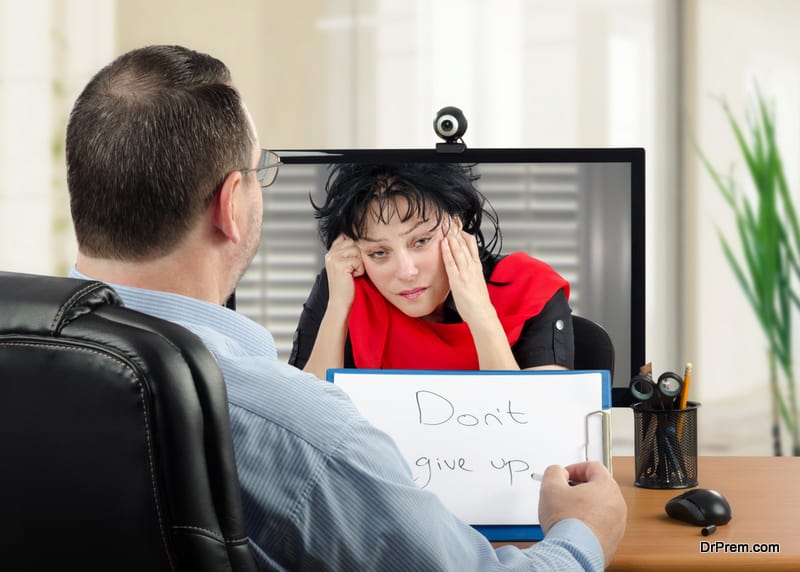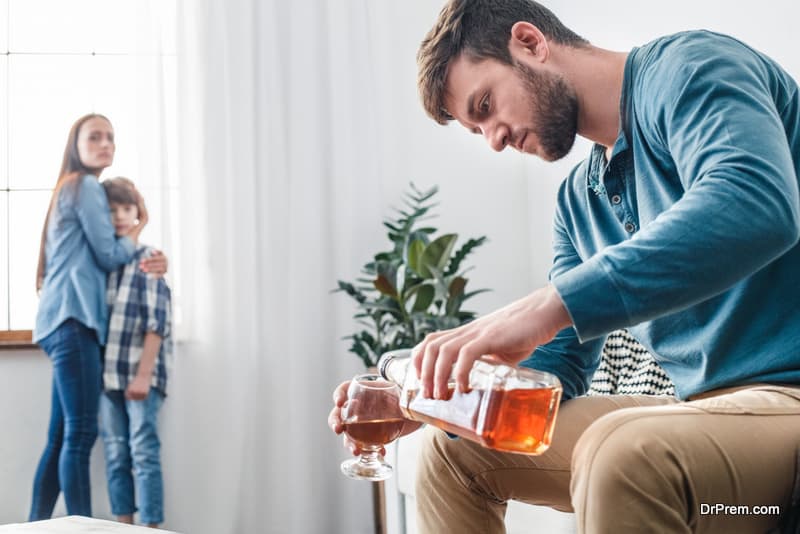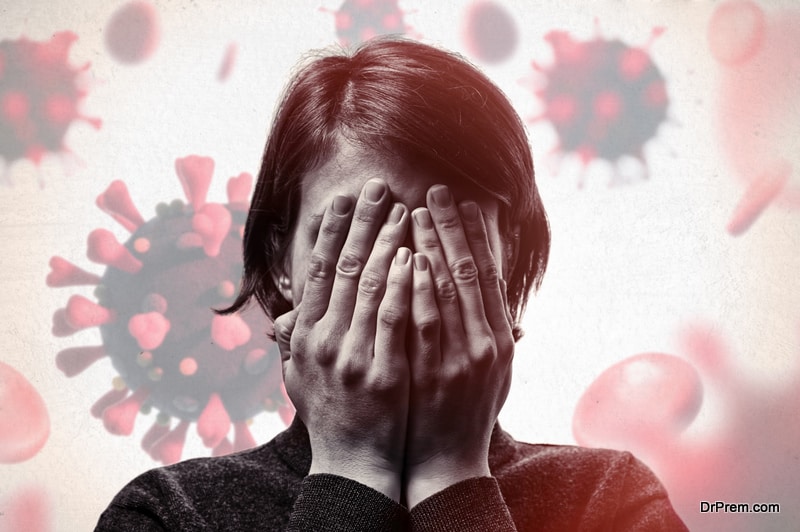Prolonged quarantine, waiting for a lockdown, economic problems, job loss, reduced social activity, and lack of communication – all this depresses people and negatively affects their emotional state, say psychologists and psychiatrists. The head of the World Health Organization (WHO), Tedros Ghebreyesus, said that the coronavirus pandemic had affected the mental health of millions of people worldwide because it has “caused fear and anxiety”.
UN Secretary-General Antonio Guterres also emphasized that “the COVID-19 pandemic is now affecting families and communities with additional mental stress.” Not only depression, people experiencing substance abuse because of the pandemic. Call addiction hotline to find out more about post-covid alcoholism and whether you also got affected. In this article, we are going to discuss how to overcome the negative impact of the coronavirus on mental health and where to look for sources of inspiration.
COVID-19 And Mental Issues: Everything You Need to Know
-
The studies
-
Psychopandemic
-
COVID and alcoholism
-
Control the amount of alcohol
-
24 hour addiction helpline
The studies

Specialists from the American Chapman University were among the first to conduct a study that showed how the coronavirus pandemic affects people’s mental health.
Out of more than 4,000 respondents, 61% said that they noticed a high level of stress in themselves, and 45% of the survey participants said that they felt depressed or hopeless.
According to the results of the study, people began to eat more junk food, lost motivation to do sports, and among entertainment, watching TV overtook reading fiction. More than half of the respondents said that they are very concerned about the coronavirus pandemic.
Another study by the Oxford Biomedical Research Center for Health and the National Institute for Medical Research found that 18% of patients who tested positive for COVID had psychiatric disorders. These people had anxiety, depression, or sleep disturbances within three months of being diagnosed with the infection.
Due to the circulation of an excessive amount of information related to COVID-19 in the world, the WHO introduced a new term “infodemic”, that is, the distribution of a large amount of information about a certain problem, which makes it difficult to solve it.
Doctors claim that the influx of “fakes” in social networks has a serious negative impact on the human psyche.
Psychopandemic
Two factors affect people’s mental health at once. The first is the SARS-CoV-2 virus itself as a real biological threat that negatively affects the central nervous system, as well as the brain. The second factor is stress-psychological, that is, those ideas that spread like circles on water around the pandemic itself. It is about helplessness, helplessness, fear of getting sick.
I see patients every day and see a 50% increase in the number of people with depression and anxiety. Aggression increased rapidly, the number of family conflicts increased. On the streets, even the style of driving became sharper, people became more intolerant.
We can observe many conflicts, fights in minibuses, we see how people react aggressively to the request to put on a mask. Undoubtedly, the number of those needing psychological help has increased.”
Information, in how it is presented by the mass media, frightens people, and it is impossible to do logical things in fear.
COVID and alcoholism

The popularity of alcoholic beverages during quarantine has increased in various countries of the world. In particular, in Germany in the period from the end of February to the end of March this year, sales of wine and strong alcoholic beverages increased by a third compared to the same period last year, according to the market research agency GfK. In the United States, according to research firm Nielsen, these sales have increased by 55%, with tequila, gin and cocktails leading the way. Even the Finns, who consume less and less alcohol every year, bought 9.3% more of it in March, Yle reports.
Marketers explain this not necessarily because people have a desire to drink more – it’s just that bars and restaurants are closed during the quarantine, so people buy alcohol in supermarkets or order online. At the same time, panic also played a role – due to the announcement of quarantine, many people preferred to stock up on alcohol in advance.
Psychologists are convinced that forbidding people to drink in general is not an option, because they are unlikely to listen to such advice. However, they did so in South Africa, motivating it by the fact that alcohol can weaken the immune system.
The World Health Organization says the same. Alcohol consumption is associated with several infectious and non-infectious diseases and mental disorders, making a person more vulnerable to COVID-19. In particular, alcohol compromises immunity and increases the risk of negative health consequences.
Control the amount of alcohol
According to WHO recommendations, men should consume no more than 40 grams of pure alcohol per day. This is equal to 2 bottles of beer, 100 grams of vodka, 3 glasses of dry wine. Women need 10 grams less, which is equivalent to 1.5 bottles of beer, 80 grams of vodka or two glasses of wine. This is a safe form of alcohol consumption. The stage preceding alcoholism is characterized by a loss of control over the amount consumed.
The first stage of alcohol consumption is characterized by the need to relieve tension and physical pain. It easily passes into the second stage. It is easy to notice when a person has a high tolerance to alcohol, when an increase in the dose is required to achieve a certain state. Then there is a need to get drunk.
It is better not to reach the third stage, because it is already accompanied by the degradation of the personality, loss of memory and professional skills, work and good friends who are not prone to alcohol addiction. And then a person finds friends from among those who drink, his social status decreases and life declines, say the experts from the addiction helpline.
24 hour addiction helpline

Even if you think you don’t have issues with alcohol consumption, call the drug hotline because better safe than sorry. You can find an addiction hotline number on the Internet or just call rehab. The specialists from the addiction help hotline will answer all your questions, give some tips on how to drink less, or offer options for rehabilitation if they see a problem.
Engage in physical activity
There is something to replace alcohol. First, it is physical activity. In order for endorphins, hormones of joy, to be produced, physical exertion is necessary. Moreover, it is not about looking for channels or washing the floor, but about charging, and physical exercises, during which there is a load on the muscles. Thus, a person gets pleasure, and this, in turn, removes the need for alcohol.
Article Submitted By Community Writer




